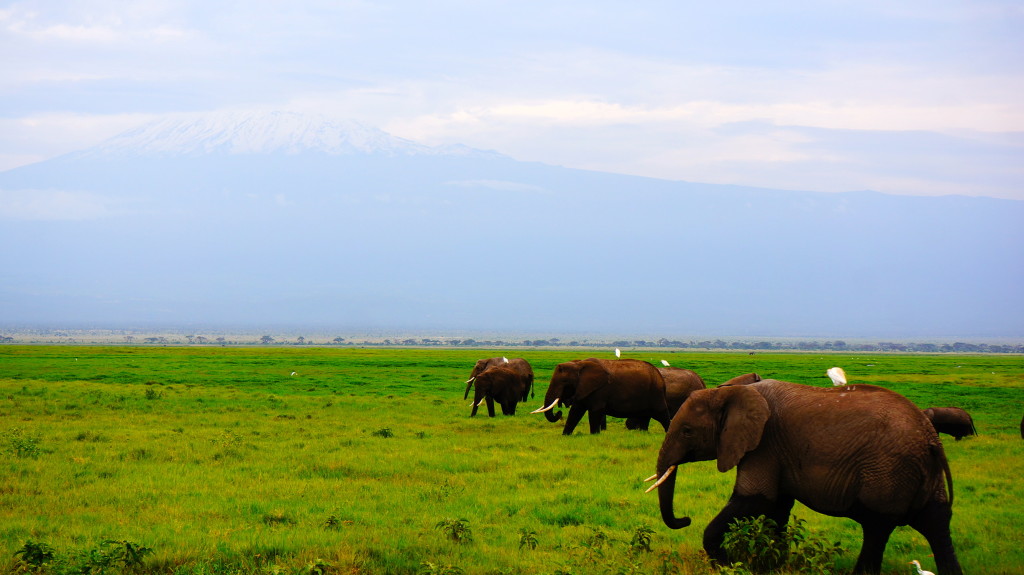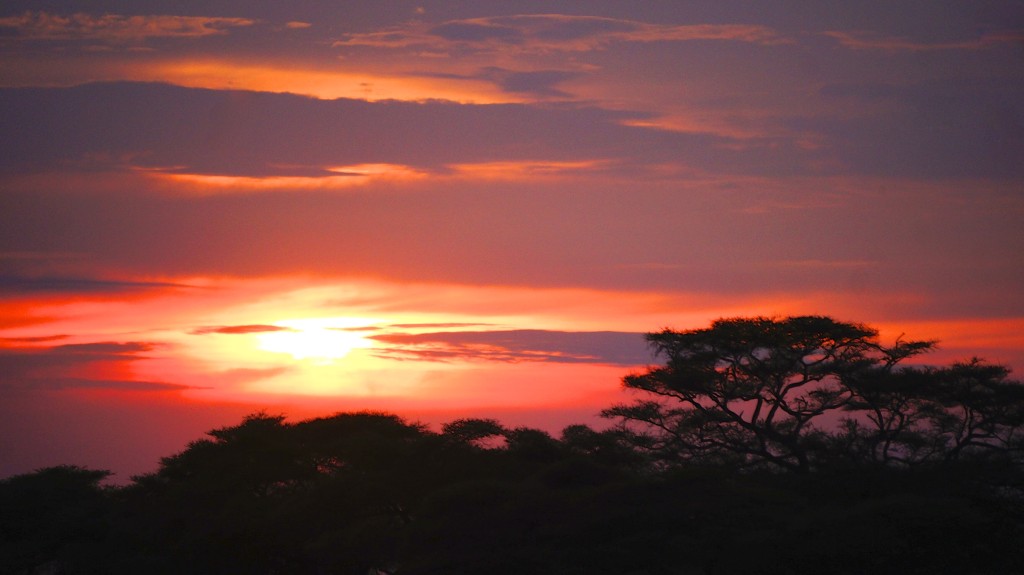After a weekend off-grid at Amboseli National Park hanging out with giraffes and elephants, I’m back in Nairobi.![]()
I’ll have some thoughts soon on Bosnian protests, the latest turn with Uganda’s anti-homosexuality bill and Lebanon’s new government — and I’m watching closely to see how Italy’s new prime minister-designate Matteo Renzi will roll out his new government.
In the meanwhile, what to make of Kenya?
In December, Kenya celebrated the 50th anniversary of its independence from the United Kingdom. There’s a distinctly British imprint to just about everything here — more so than in other former British colonies I’ve visited. Kenya feels more ‘British’ than English-speaking Canada in some ways. There’s a slavishness to form-over-substance rules here that unintentionally facilitates bribery and corruption.
The best food isn’t in the ‘best’ restaurants, which prioritize ambience over food quality. Seek out Indian food — in small stalls on the street or in shopping centers, not in restaurants. The best traditions of Kenyan food involve fusion with Indian or Arab influences along the Swahili coast. In Nairobi, it’s easy to find food like chapati (thin, doughy flatbreads), and all sorts of other Indian-influence treats, like masala chips, samosas and spiced chai. Ugali, a blanched cornmeal paste that often serves as the main carbohydrate/starch component in Kenyan meals, makes Caribbean food staples seem flavorful by contrast.
There’s not a lot of investment in public goods, and much of Nairobi is hidden away behind walls and barbed wire — more so than in places like Caracas and Tegucigalpa in Latin America. Public parks do exist, but the high incidence of petty crime means that virtually no one goes there. Nonetheless, there’s more vibrancy in the city’s center than I expected, and the city isn’t without its charms — its year-round spring-like climate is one of the world’s most pleasant.
In the meanwhile, I’ve been reading One Day I Will Write About This Place, which has taught me as much about post-independence Kenya as any non-fiction books I’ve read about the county (Daniel Branch’s 2011 book is a great place to start, though). That Binyavanga Wainaina, its author, recently came out as an openly gay man adds a new level of depth to his work. But One Day is less an LGBT memoir than a period look at Daniel arap Moi’s increasingly authoritarian Kenya of the 1970s and 1980s. There’s something interesting on just about every page — for instance, the decrepit state of Kenya’s once-strong railways, is explained through ethnic politics. Kikuyu businessmen close to former president Jomo Kenyatta won preferential treatment for trucking contracts; railways, where the competing Luo ethnic group controlled access to jobs, were left to languish.
It’s also a tough time for Kenya politically. Its president Uhuru Kenyatta (the son of Kenya’s first post-independence president) won last year’s election by building a majority coalition of ethnic groups — not especially by advancing a superior policy agenda to former prime minister Raila Odinga. It’s hard to believe Kenyatta has much support outside of his own Kikuyu ethnic community or the Kalenjin ethnic community of his vice president William Ruto. International Criminal Court indictments of both Kenyatta and Ruto for inciting violence during the post-election crisis of 2007-08 (when Ruto and Kenyatta were on opposite sides) have isolated Kenya from the United States and the European Union, no matter how strong or weak you believe the ICC’s case.
But at a time when east Africa, as a region, could benefit from greater economic and security coherence, Kenyatta has focused on picking fights with Tanzania, which is considering bolting the East Africa Community for the Southern African Development Community. South Sudan is plunging further into civil war, throwing plans for greater economic and energy integration into doubt. Uganda is drawing the ire of human rights activists worldwide with its anti-gay legislation.
Finally, the September 2013 terrorist attack on Westgate Mall in Nairobi showed just how serious a threat al-Shabab remains and that Somalia’s insecurity endangers the entire region. The Kenyatta government’s response to the attack did nothing to lessen doubts about its competence.

